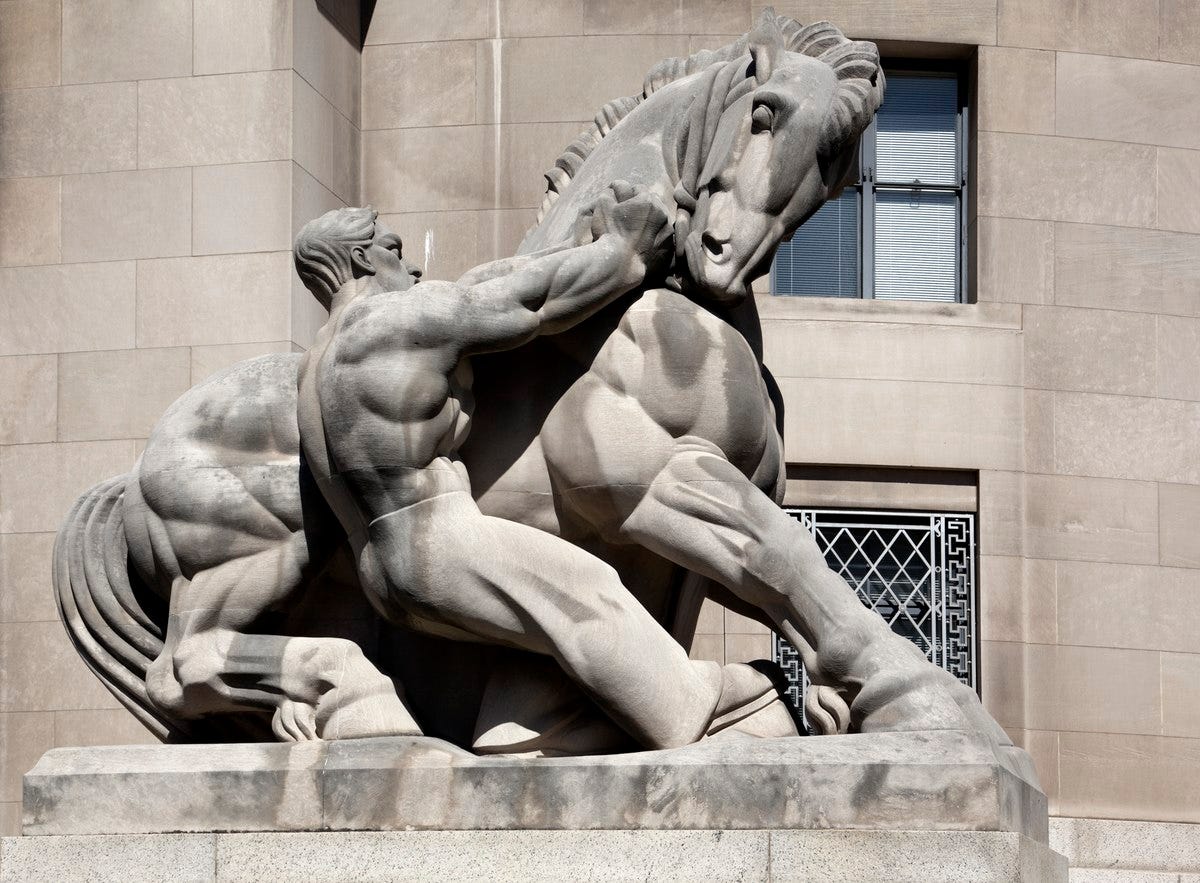Is Consumer Protection "Un-American"?
After surviving a business-led assault last year, the Consumer Financial Protection Bureau faces yet another, from the leaders of the so-called Department of Government Efficiency.
The premise is absurd.
Vivek Ramaswamy, a co-leader of the new Department of Government Efficiency (DOGE), inferred the Consumer Financial Protection Bureau (CFPB) is on the chopping block because it is “un-American.”
Ramaswamy said recently that a new CFPB’s rule to limit overdraft fees is “a symptom of a deeper (and unconstitutional) cancer of unelected bureaucrats substituting their policy judgments for those of Congress. That’s un-American and needs to end.”
So would Ramaswamy have the President and members of Congress personally investigate and regulate consumer fraud - or relegate it to an agency with expertise?
Also, Ramaswamy fails to acknowledge that Congress is free to pass laws countermanding any action of the CFPB. Congress could, for example, sanction unwarranted junk fees that enrich corporations at the expense of American consumers.
Ramaswamy and entrepreneur Elon Musk were empowered by GOP President Donald Trump to shrink the size of U.S. government and eliminate waste and inefficiency.
In November, Musk, the owner of the social media platform X, tweeted: “Delete CFPB.”
Musk and Ramaswamy can recommend the dissolution of the CFPB, but Congress would have to approve.
The CFPB is a favorite whipping boy for corporate America because it is shielded from political influence. Its funder is the Federal Reserve, an independent federal bank separate from other branches of government. This arrangement protects the bureau from lobbying by business groups like the U.S. Chamber of Commerce.
The CFPB last month closed a loophole involving overdraft fees charged by major banks and credit unions having more than $10 billion in assets. CFPB estimates consumer paid more than $5.8 billion in 2023 in overdraft and “non-sufficient funds” fees.
The CFPB established three parameters for banks to charge overdraft fees. The institutions can cap the fee at $5, charge an amount that covers the bank’s costs and losses, or disclose the terms of overdraft “loans” in advance like any other loan.
As American As Apple Pie
In fact, the U.S. has a long history of consumer protection.


